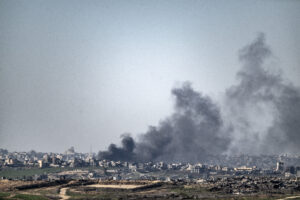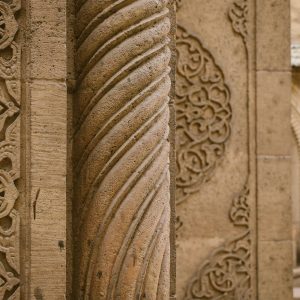India’s top court rules out referendum on Kashmir’s special status
ANKARA (AA): India’s top court, which is hearing petitions challenging legislation that stripped Jammu and Kashmir of its special status, has ruled out a Brexit-like referendum on the scrapping of Article 370, saying “opinion of people on public issues is sought through established institutions,” the Press Trust of India (PTI) reported.
During the hearing on Tuesday, senior Advocate Kapil Sibal, the petitioner’s counsel, said the abrogation of Article 370 in 2019 was a political act like Brexit, where the opinion of UK citizens was sought through a referendum.
The UK left the EU in 2020 following the 2016 Brexit referendum, ending the country’s four-decade membership in the bloc.
“This court will remember Brexit. In Brexit, there was no constitutional provision (in England) seeking a referendum. But, when you want to sever a relationship which has been entered into, you must ultimately seek the opinion of the people because people are at the center of this decision not the Union of India,” Sibal said.
Indian Supreme Court chief justice, Dhananjaya Yeshwant Chandrachud, however, disagreed. “In a constitutional democracy, seeking the opinion of the people has to be through established institutions. Any recourse to the public will have to be through that. You cannot envisage a situation like Brexit. In a constitutional democracy, there cannot be anything like a referendum,” he said.
“Within a Constitution like us, there is no question of referendum.”
Sibal said the government’s decision was political, was taken unilaterally by the executive, and “cannot be called a decision that was in consonance with the Constitution.”
On Aug. 5, 2019, India repealed Article 370 of its Constitution, which allowed Jammu and Kashmir its own Constitution, flag, and two-house legislature that could frame its own laws.
Article 35A was also scrapped, which had allowed the region to define its residents and barred outsiders from buying properties or taking up government jobs.
The state was divided into two centrally ruled union territories, now called Jammu and Kashmir and Ladakh.
The Muslim-majority region of Kashmir is claimed by both Pakistan and India in full, but ruled in part. Islamabad says New Delhi’s 2019 move is illegal, and has since downgraded diplomatic ties and halted trade.











